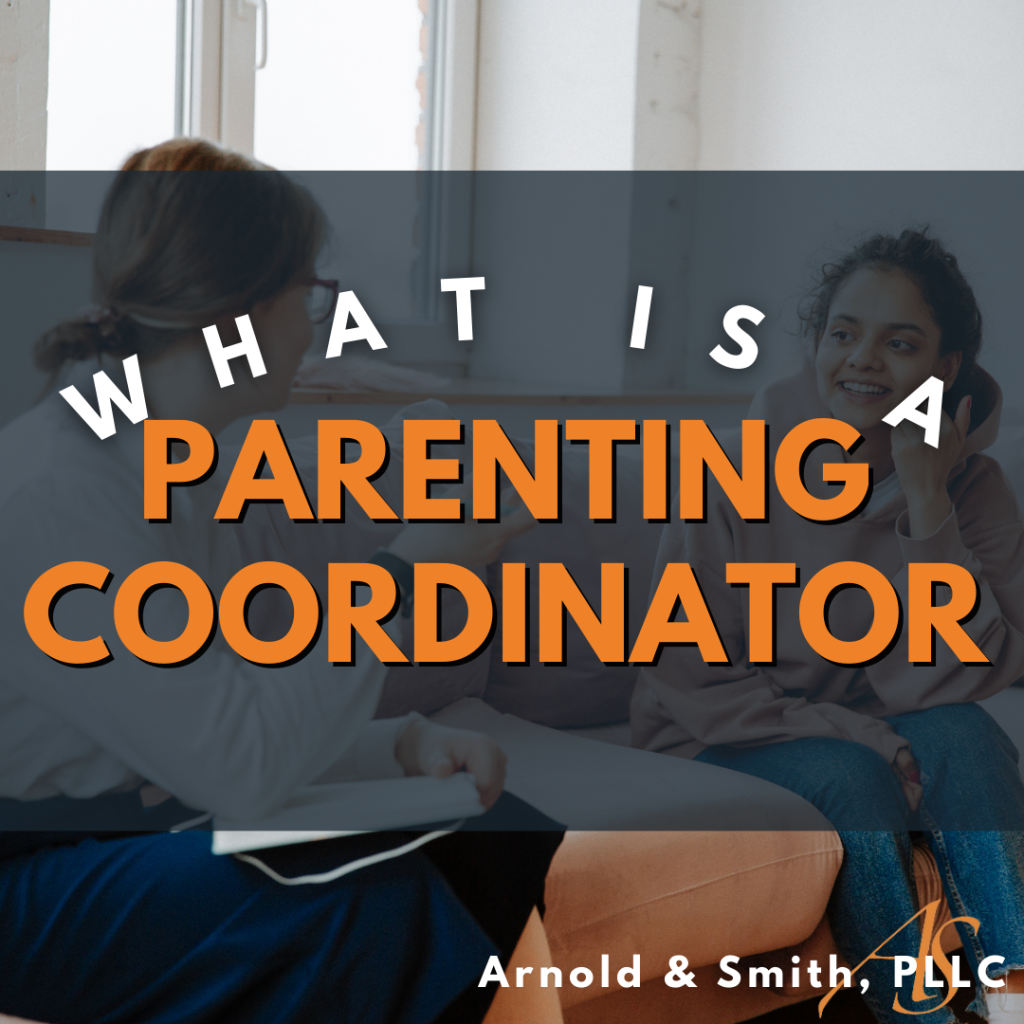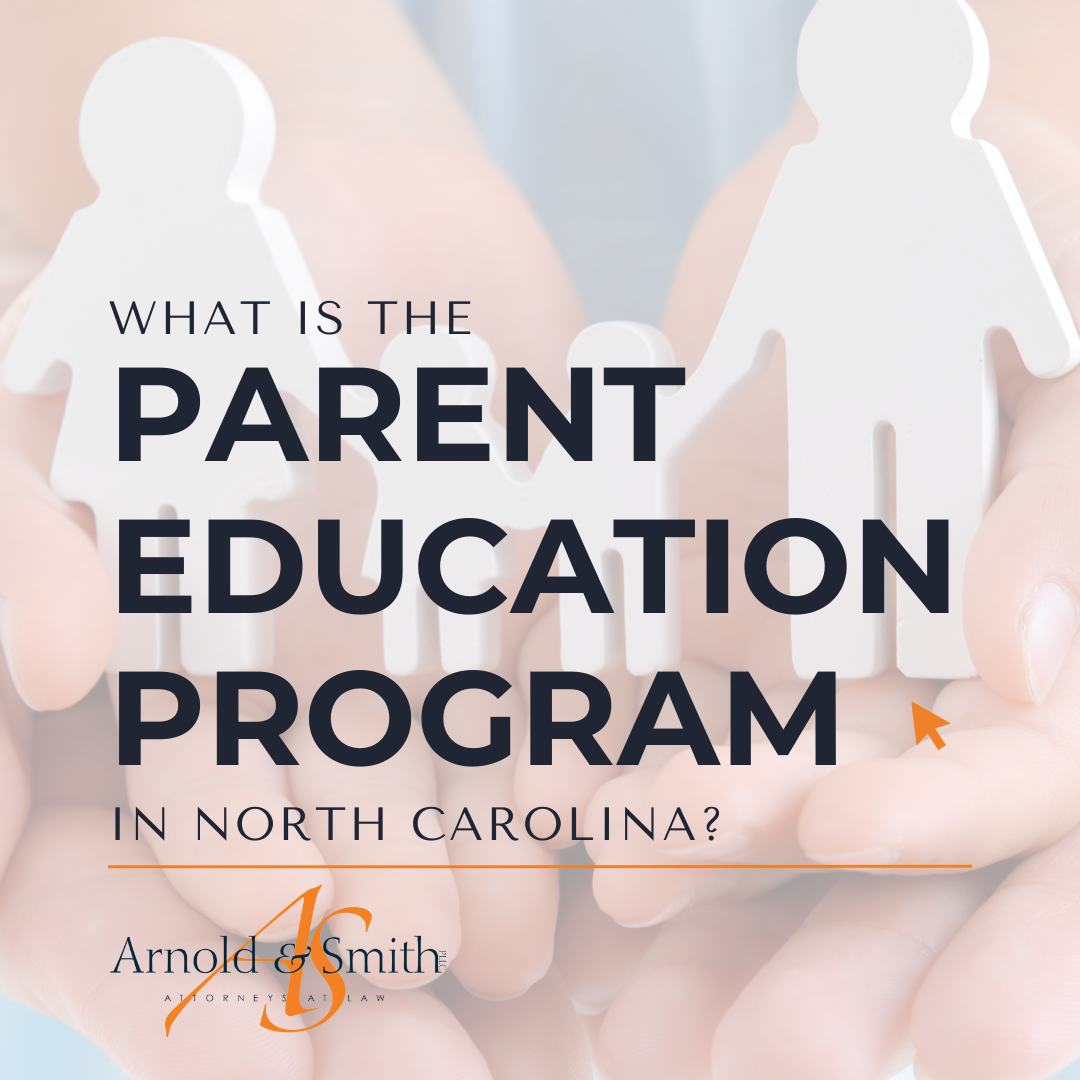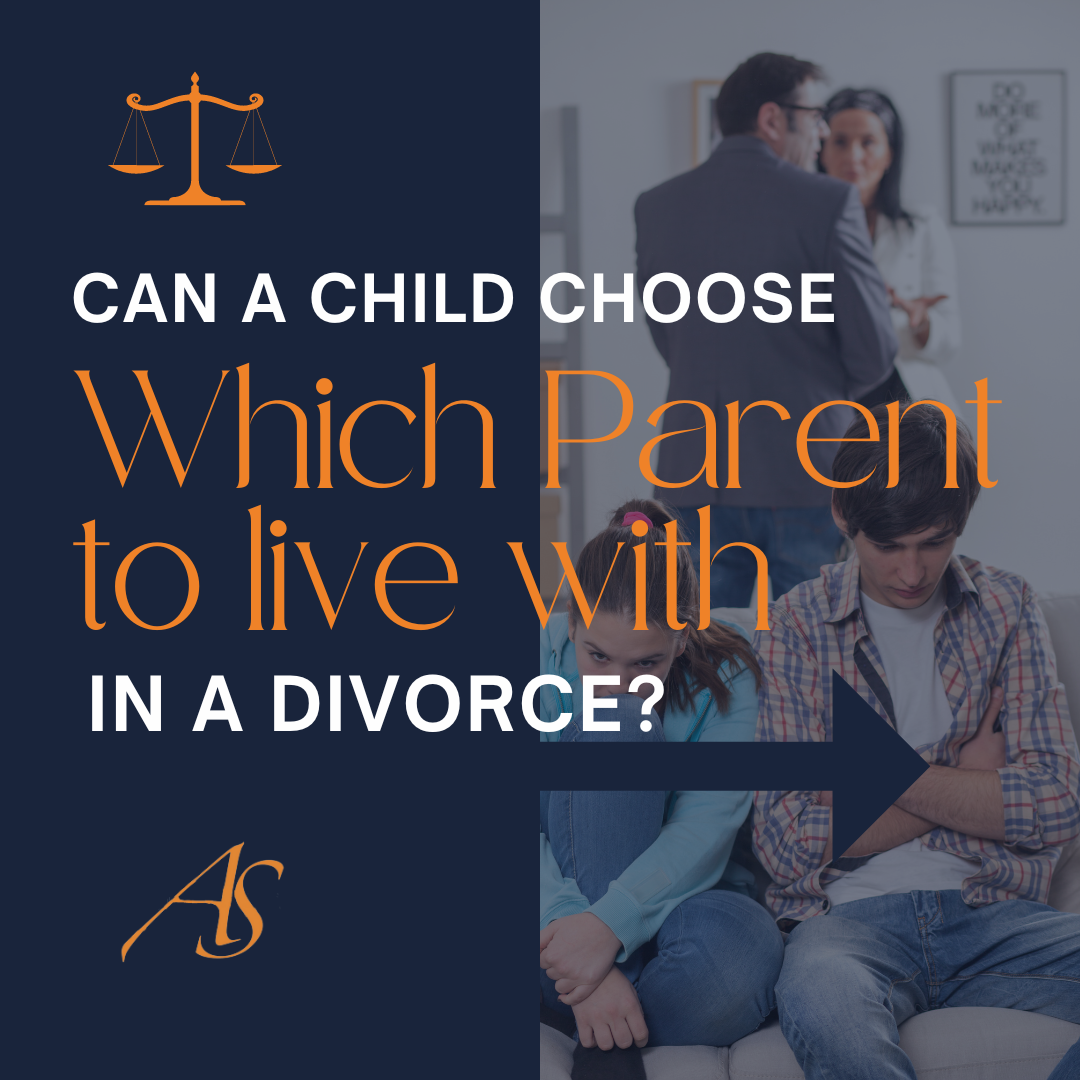Holiday Parenting Guide for Newly Separated or Divorced Parents
The holidays are meant to be fun times spent with family and friends. When you are going through a separation or divorce, this time of year can be much more challenging. As a parent, you want to provide your child with a meaningful experience without any strife or stress. It is important to establish a new family normal that will help to guide you through the holiday season and beyond.
 Charlotte Divorce Lawyer Blog
Charlotte Divorce Lawyer Blog











